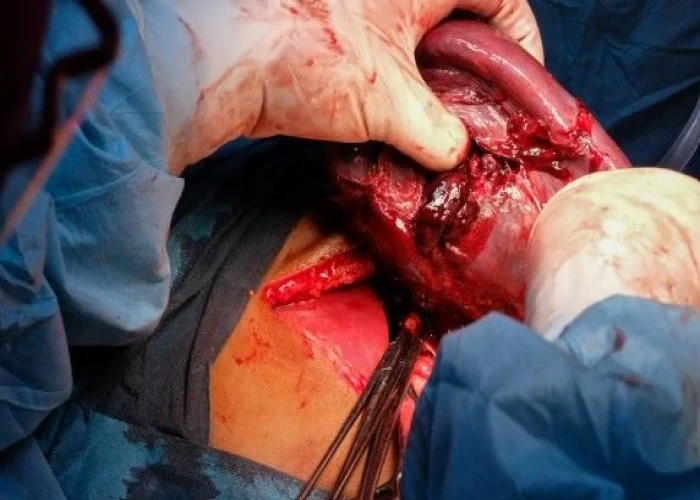 Welcome
Welcome
“May all be happy, may all be healed, may all be at peace and may no one ever suffer."
Spleen - Diseases
The spleen is an organ located in the upper left side of the abdomen, just below the diaphragm. It is part of the lymphatic system and plays several important roles in the body.
The spleen acts as a filter for the blood, removing old or damaged red blood cells and platelets. It also plays a role in the immune system by producing white blood cells called lymphocytes, which help to fight off infections and disease.
In addition, the spleen stores blood and can release it into the circulatory system in response to certain situations, such as during periods of intense exercise or in cases of hemorrhage or shock.
The spleen is also involved in the production of antibodies, which are proteins that help to identify and neutralize foreign substances, such as bacteria or viruses.
Several conditions can affect the spleen, including infections, tumors, and blood disorders. If the spleen becomes enlarged or damaged, it may need to be removed through a procedure called a splenectomy. However, the body can function without a spleen, and people who have had a splenectomy can still lead healthy lives with proper medical management.
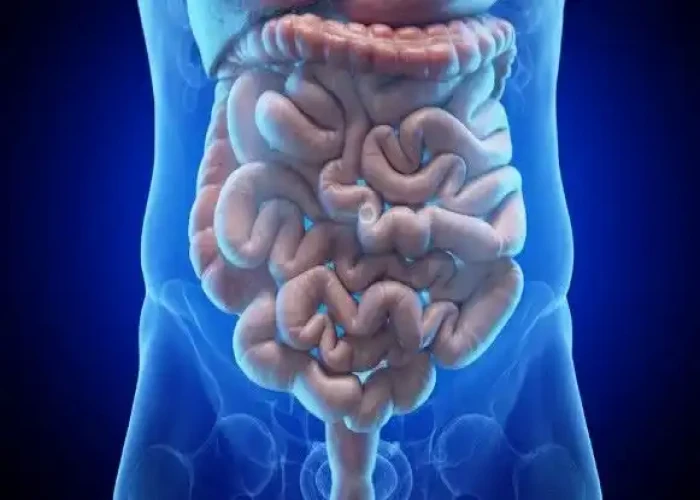
Cecum intestine
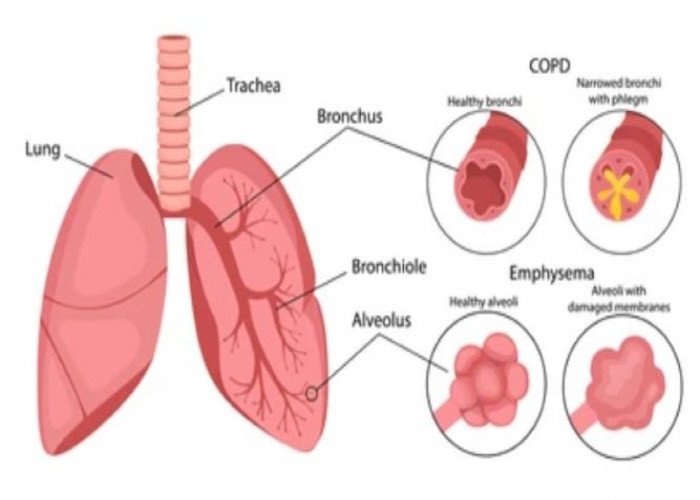
Bronchi
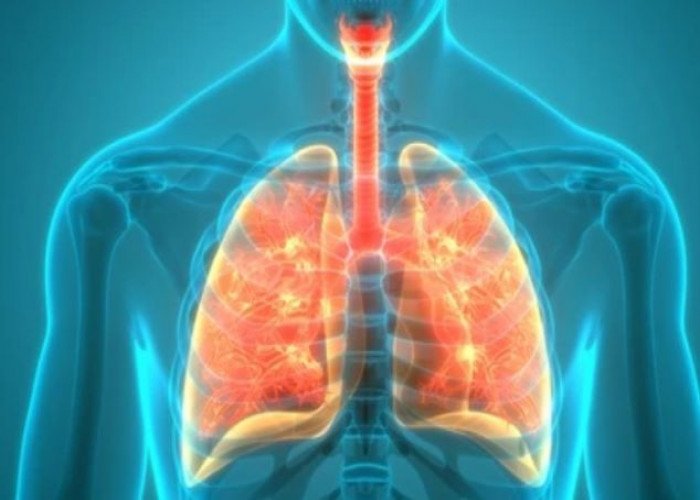
Lungs
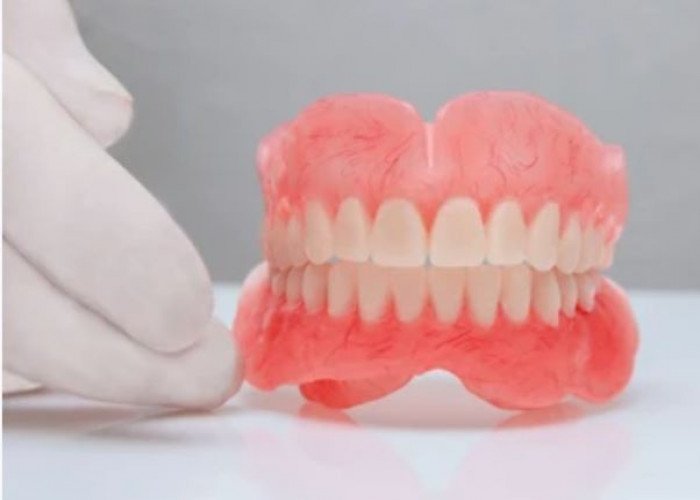
Jaw
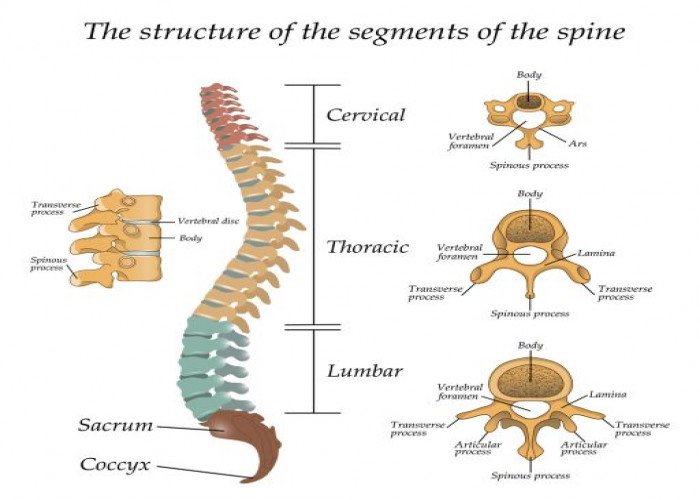
Spine

N/A

Lens Eye
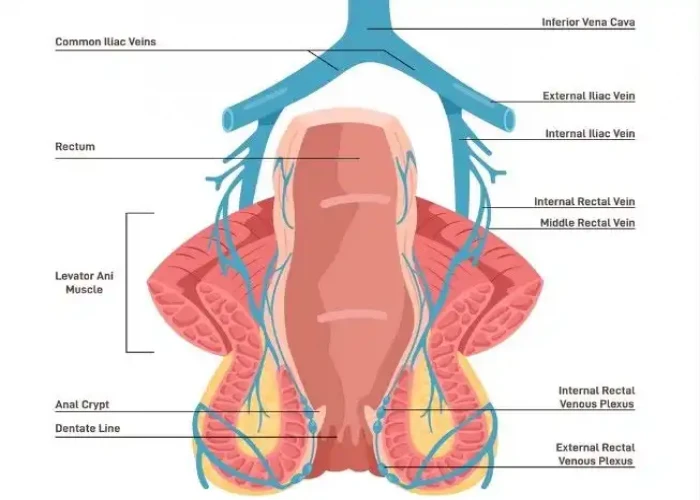
Anus
Spleen, Spleen function, Splenomegaly, Spleen meaning
To be happy, beautiful, healthy, wealthy, hale and long-lived stay with DM3S.


